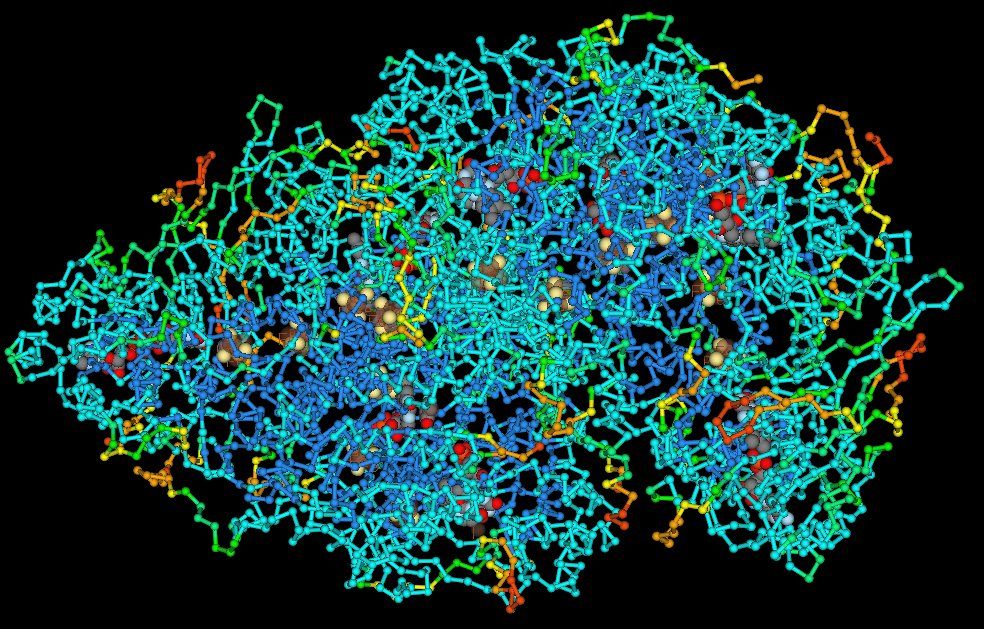High-Performance Polymers: Advanced Products for Market
High-Performance Polymers: Advanced Products for Market
Blog Article
Discovering the Varied Applications and Advantages of Polymers in Different Industries
Polymers, with their diverse range of residential or commercial properties and functionalities, have actually ended up being important in different industries, each gaining one-of-a-kind benefits from their application. From enhancing safety and efficiency in the automobile sector to changing clinical tools in the health care sector, polymers play a critical duty.
Automotive Industry Applications
Polymers play a pivotal function in enhancing the performance and resilience of numerous components within the vehicle sector. These flexible products are extensively used in the manufacturing of various components, ranging from interior elements to under-the-hood applications. One popular use of polymers in the automotive industry remains in the manufacturing of light-weight parts. By changing traditional metal get rid of polymer-based alternatives, automobiles can attain improved gas efficiency without endangering on toughness or security.

Medical Care Industry Advantages
In various health care applications, the benefits of using polymers are extensively recognized for their diverse variety of beneficial properties. Polymers play a critical duty in the healthcare market due to their adaptability, biocompatibility, and cost-effectiveness. Among the primary advantages of polymers in healthcare is their capacity to be tailored to specific requirements, such as adaptability, resilience, and biodegradability, making them excellent for a vast array of medical applications.
Polymer-based materials are extensively utilized in clinical gadgets, such as catheters, implants, prosthetics, and medicine delivery systems, due to their biocompatibility and ability to imitate natural tissues. These materials can minimize the danger of allergies or beings rejected, boosting patient safety and security and end results. Additionally, polymers are lightweight, making them suitable for wearable clinical tools and making sure patient comfort.
Additionally, polymers allow the growth of ingenious treatment techniques, such as hydrogels for cells engineering and nanocomposites for targeted medicine shipment. Their convenience of processing and sterilization makes them important for keeping high requirements of hygiene in healthcare setups. Generally, the diverse benefits of polymers add dramatically to innovations in clinical modern technology and client care.
Ecological Benefits of Polymers

Furthermore, polymers can add to energy savings because of their light-weight nature. In industries such as transport, lightweight polymer products can help in reducing gas consumption and greenhouse gas exhausts. Additionally, polymers can allow the development of energy-efficient products such as insulation products that boost energy conservation in structures.
Furthermore, polymers play an essential function in decreasing water air pollution. For instance, using polymer-based filtration systems can efficiently eliminate contaminants and pollutants from wastewater, securing water sources and environments. Generally, the ecological advantages of polymers make them valuable assets in promoting sustainability and environmentally friendly practices throughout different sectors.
Polymers in Electronic Devices and Innovation
Thinking about the increasing need for ingenious and sustainable solutions in modern-day markets, the integration of advanced polymer modern technologies in the world of electronics and modern technology has actually emerged as a critical strategy for driving efficiency and performance. Polymers have actually changed the electronic devices industry by making it possible for the production of lighter, more versatile, and durable digital devices. From smartphones to medical tools, polymers play a crucial duty in enhancing item design and functionality.
One significant benefit of polymers in electronic devices is their protecting residential properties, which help secure fragile electronic elements from environmental aspects and electric interference. Furthermore, polymers are important in the growth of flexible screens, wearable technology, and published electronics, using endless opportunities for creating clever and interconnected devices.
Moreover, the use click for more of polymers in digital packaging has actually led to innovations in miniaturization and thermal administration, boosting the overall efficiency and reliability of digital systems. As modern technology proceeds to evolve, the convenience and adaptability of polymers will certainly drive better technology in the electronic devices sector, shaping the future of innovation.
Duty of Polymers in Building and Infrastructure
The assimilation of innovative polymer materials in building and construction and framework projects has transformed the method frameworks are designed and integrated in modern-day times. Polymers offer various benefits in the building and construction industry due to their flexibility, toughness, and cost-effectiveness. One vital duty of polymers in building is their use in finishings and sealants, offering protection versus ecological aspects such as wetness, UV radiation, and deterioration. In addition, polymers are used in the manufacturing of lightweight and high-strength composite materials, boosting the architectural stability of buildings while minimizing overall weight.
In addition, polymers play an essential duty in lasting construction techniques by enabling the growth of energy-efficient structures. Shielding materials made from polymers aid control interior temperatures, lowering the demand for home heating and cooling systems and inevitably lowering power consumption. Moreover, making use of polymer-based composites in framework jobs such as bridges and roadways enhances their long life and decreases upkeep costs. Overall, the consolidation of polymers in construction and facilities displays their significant influence on modern engineering techniques.
Verdict
To conclude, polymers play a critical duty in numerous industries such as vehicle, medical care, environmental, electronic devices, and building and construction. Their functional residential properties make them important in producing cutting-edge options and items. From boosting gas performance in lorries to boosting clinical tools, polymers use countless benefits. Furthermore, see post their effect on lowering waste try this and advertising sustainability highlights their value in modern-day applications. The extensive use polymers shows their considerable payment to progressing modern technology and boosting high quality of life.
Report this page